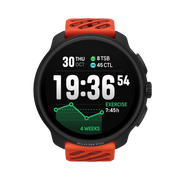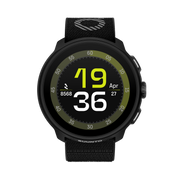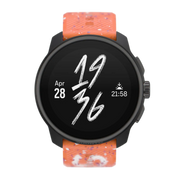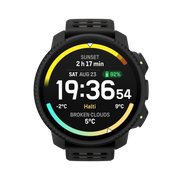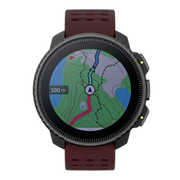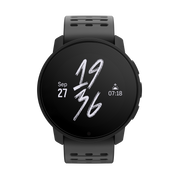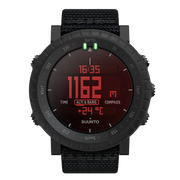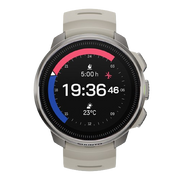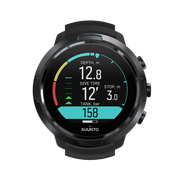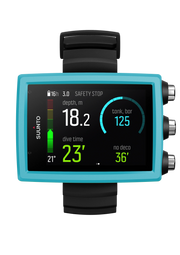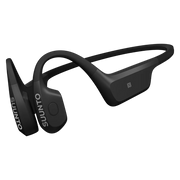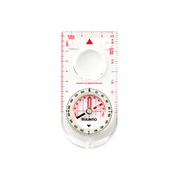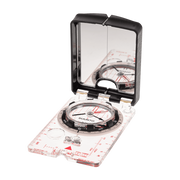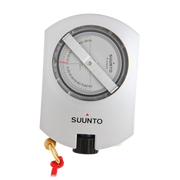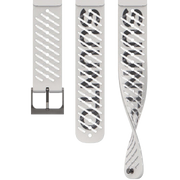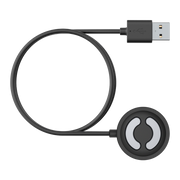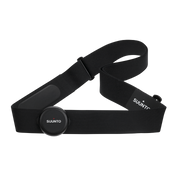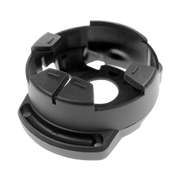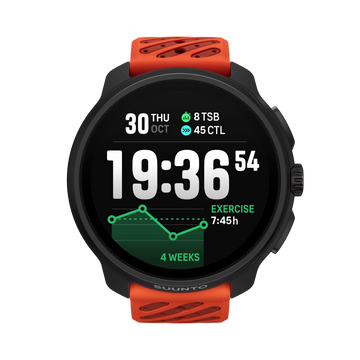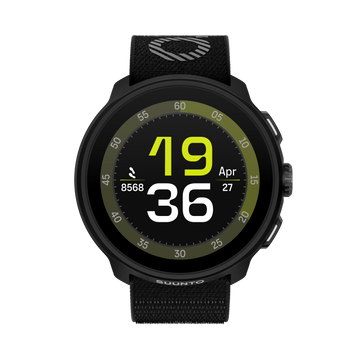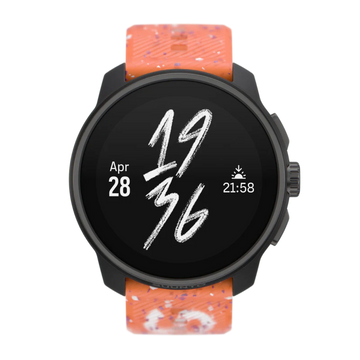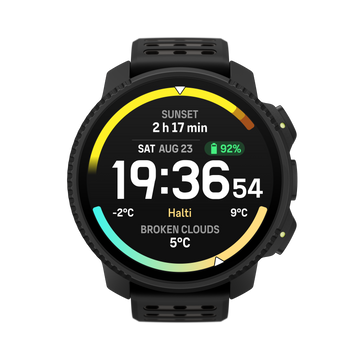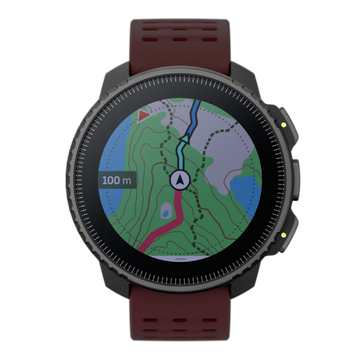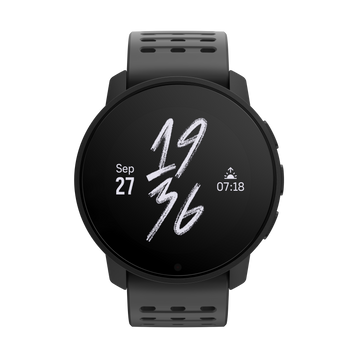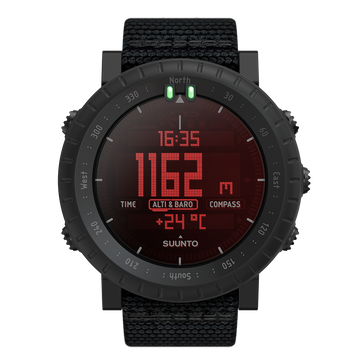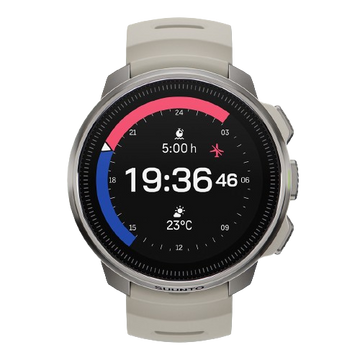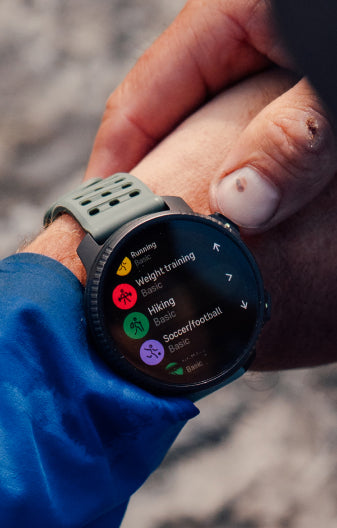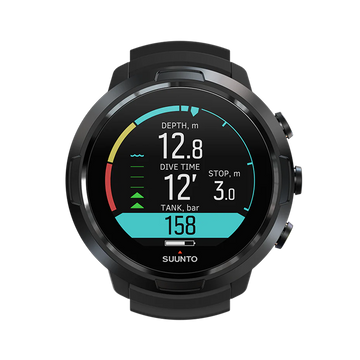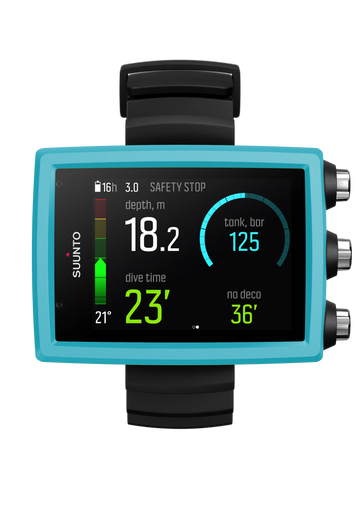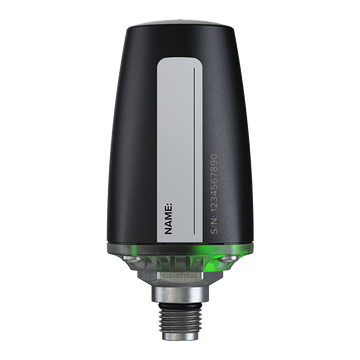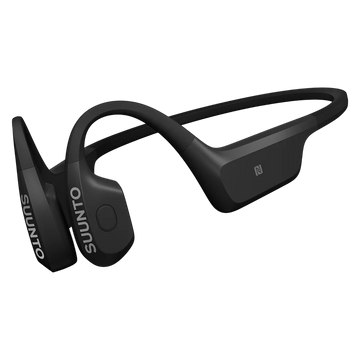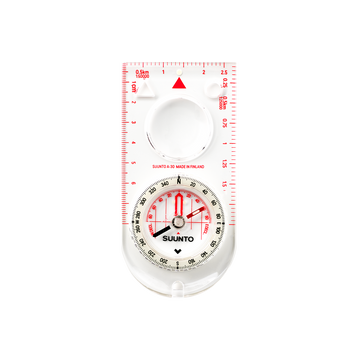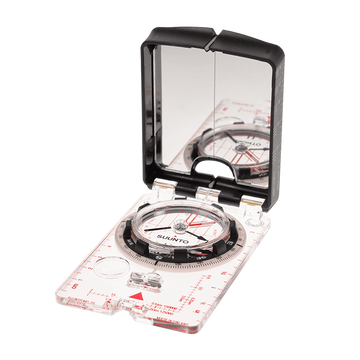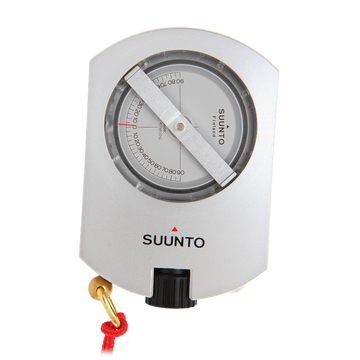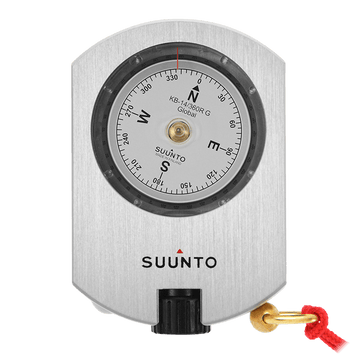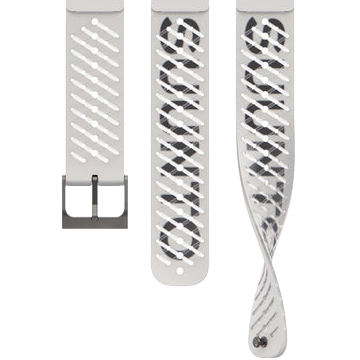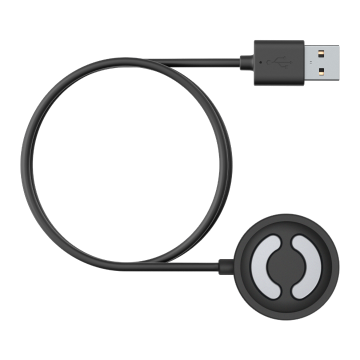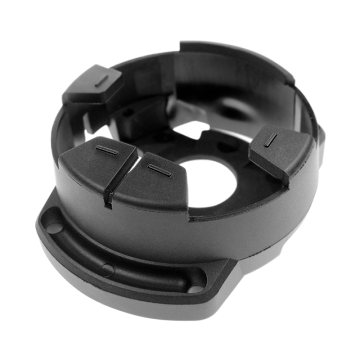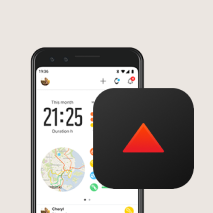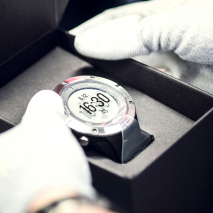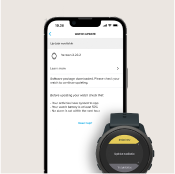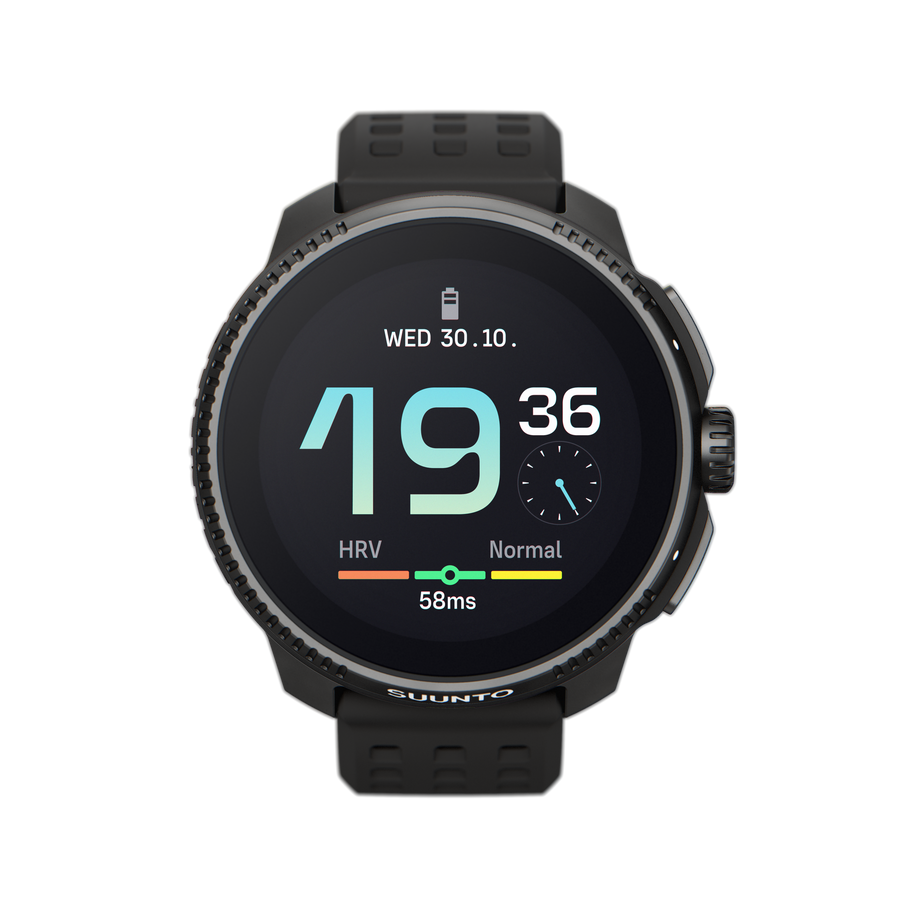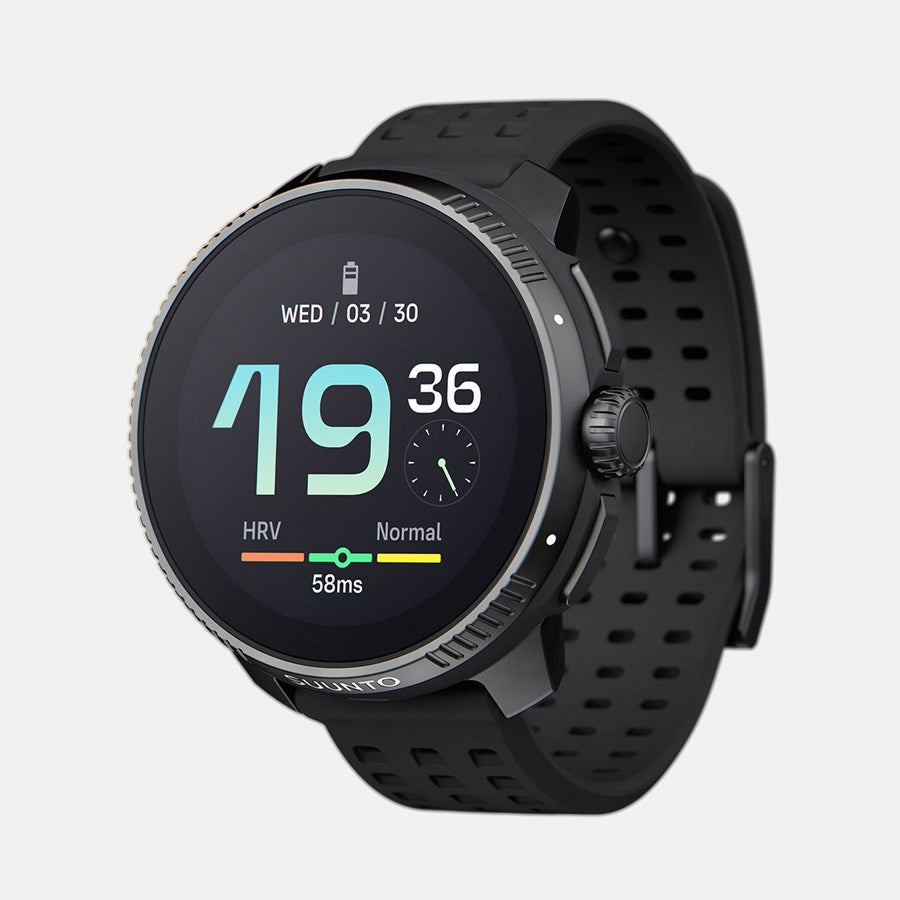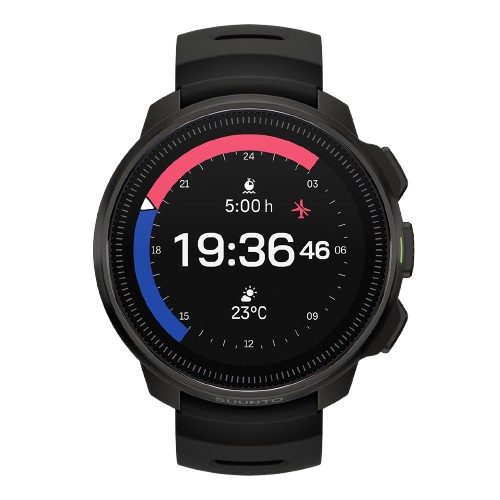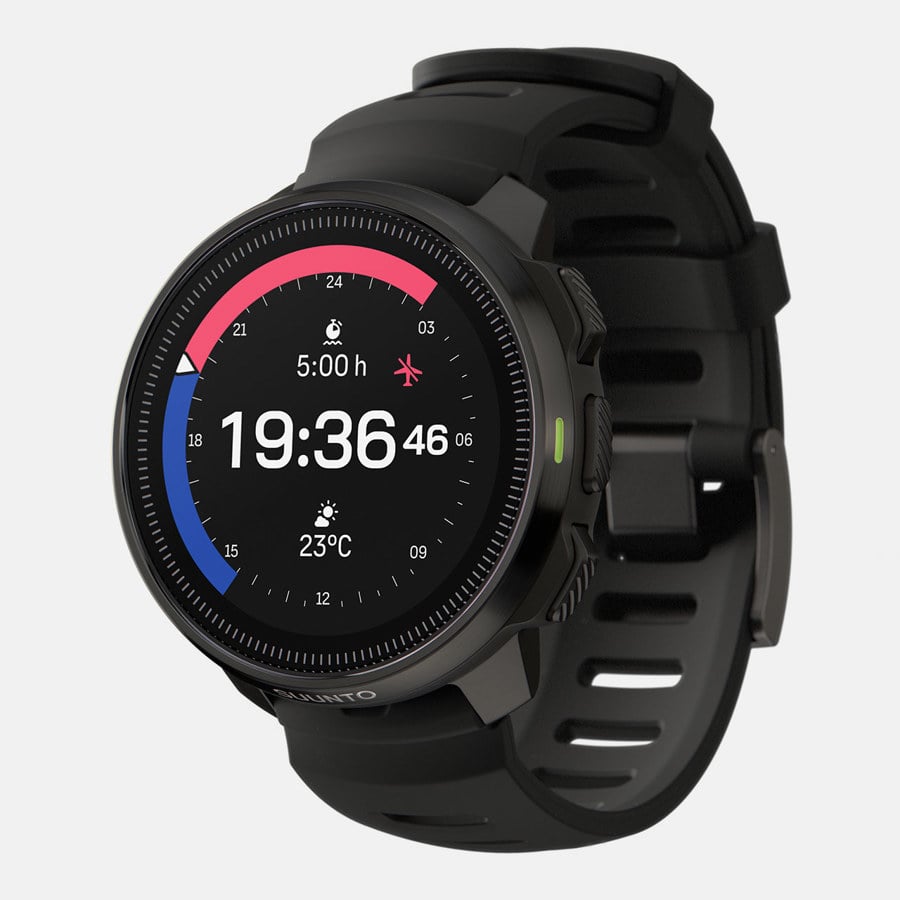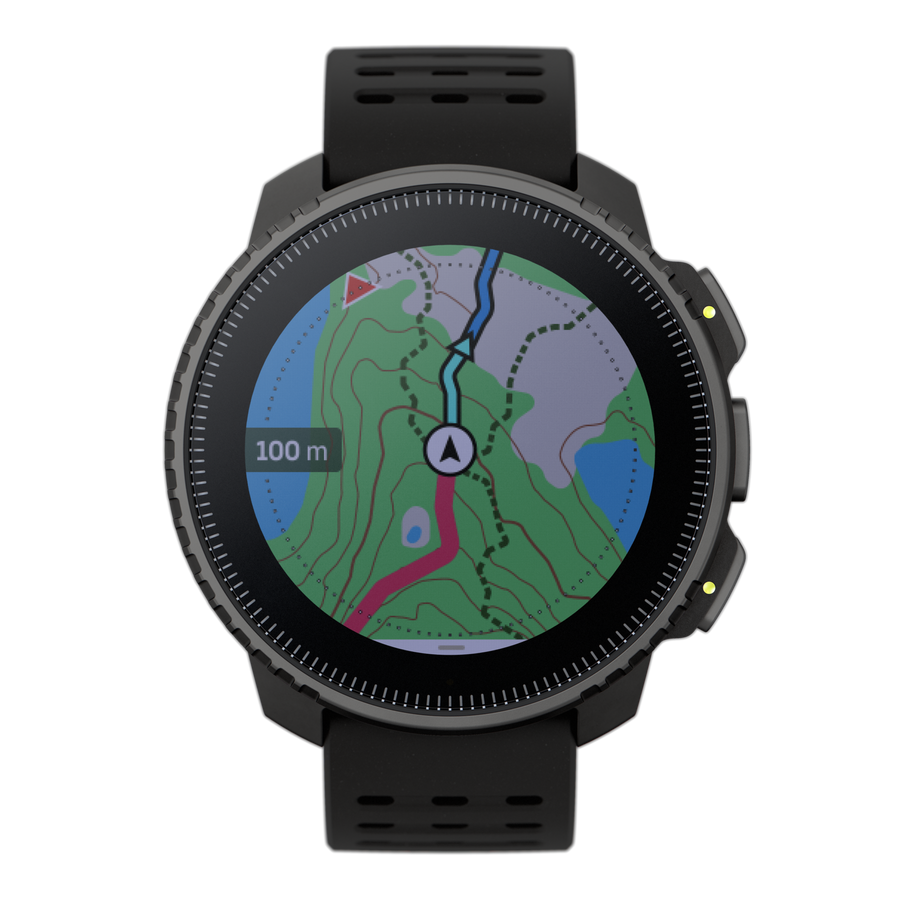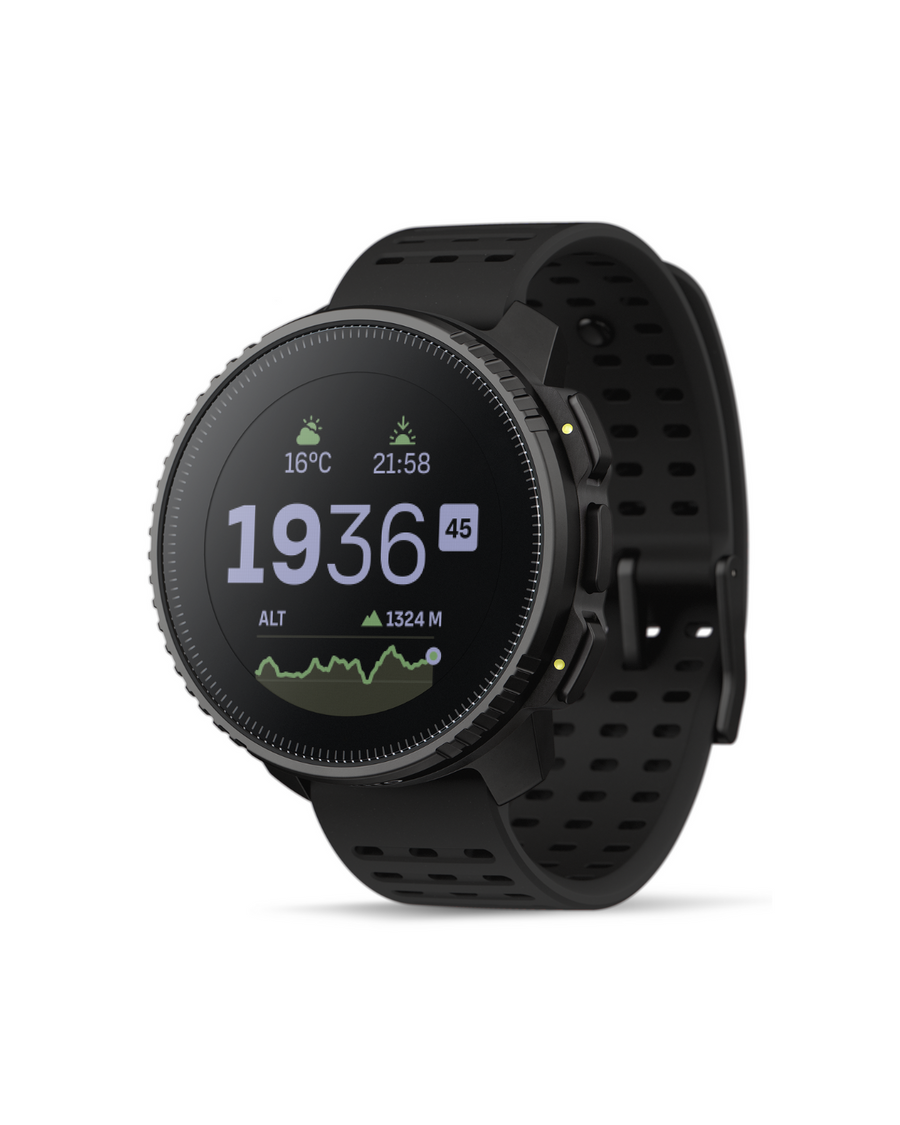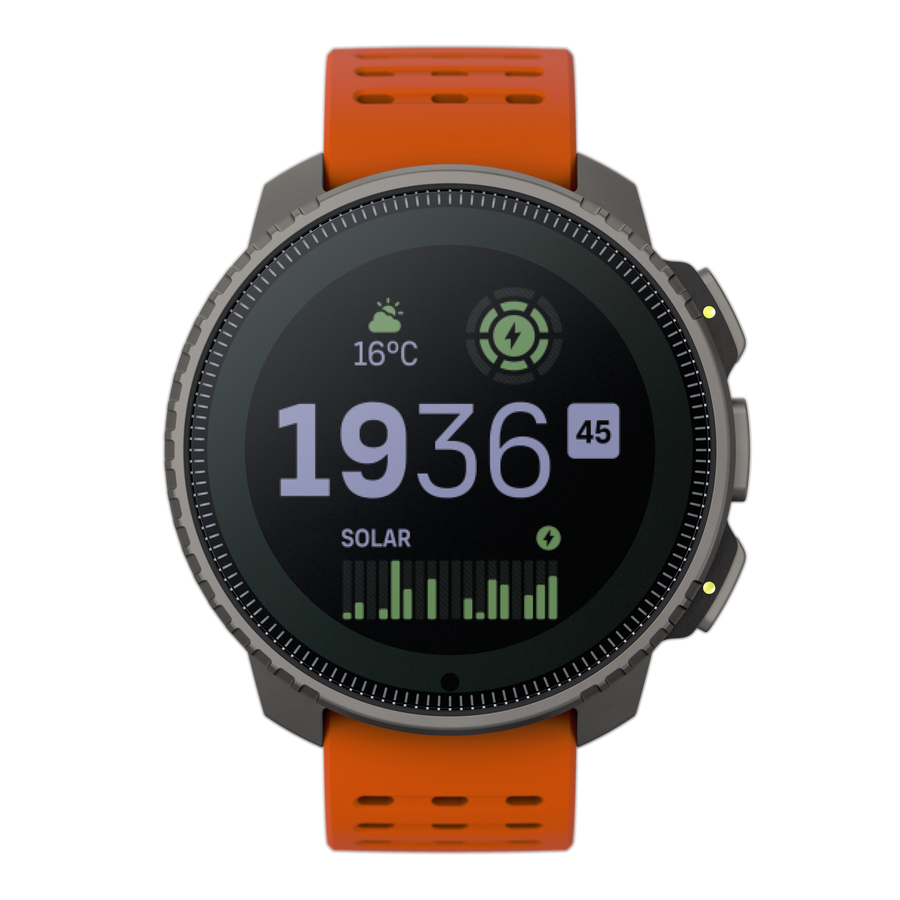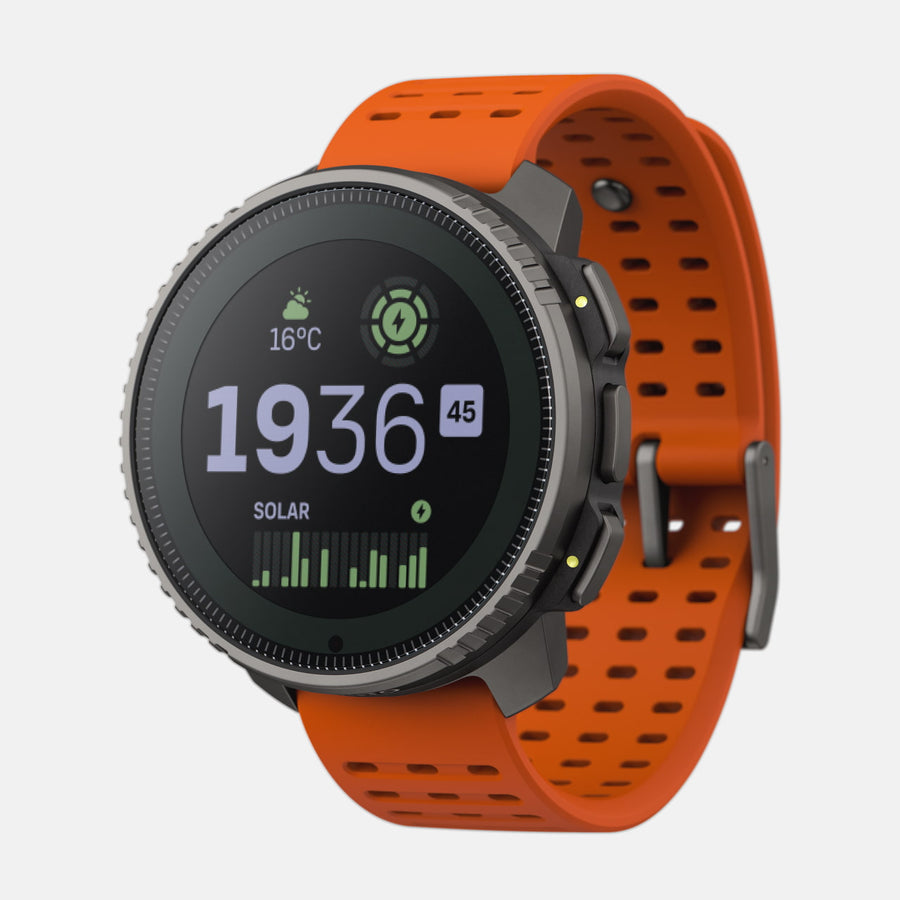If you've ever felt your heart racing too fast during a run, you're not alone. Many runners, both beginners and experienced, experience this and wonder how to lower heart rate while running. Understanding what causes a high heart rate and learning how to control it not only makes your runs more comfortable and efficient but also helps you keep a steady pace and avoid fatigue. In this guide, we'll break it down step-by-step so you know exactly how to decrease heart rate while running without losing momentum.

Content Table:
- Part 1: Understanding Your Heart Rate
- Part 2: How to Lower Heart Rate While Running?
- Part 3: Factors That Affect Heart Rate While Running
- Part 4: High Heart Rate While Running—Why It Matters
Part 1: Understanding Your Heart Rate
Before you can control your heart rate, let's first understand what it actually means.
Your heart rate is simply the number of times your heart beats in one minute. It changes depending on your activity level, emotions, and even the weather. If you are a runner, there are two important numbers you should know:
● Resting Heart Rate (RHR): This is your heart rate when you're completely at rest, usually measured after waking up. A healthy adult typically has an RHR between 60 and 100 beats per minute. Athletes often have lower numbers, sometimes as low as 40 bpm.
● Maximum Heart Rate (MHR): This is the fastest rate your heart can safely beat during intense activity. A common way to estimate it is 220 minus your age.
Once you know your MHR, you can figure out your heart rate zones, which help you train at the right intensity.
|
Zone |
% of Max Heart Rate |
Effort Level |
Purpose |
|
Zone 1 |
50–60% |
Very Easy |
Warm-up, recovery |
|
Zone 2 |
60–70% |
Easy |
Fat burning, endurance building |
|
Zone 3 |
70–80% |
Moderate |
Aerobic fitness |
|
Zone 4 |
80–90% |
Hard |
Speed, performance improvement |
|
Zone 5 |
90–100% |
Very Hard |
Maximum effort, short bursts |
It is important because running in the right zone keeps your heart from overworking and makes your training more effective.
Part 2: How to Lower Heart Rate While Running?
If you are running and your heart rate shoots up quickly, it can leave you exhausted too soon. The good news is, you can control it using the simple and science-based tips without losing your rhythm. Here's exactly how to lower heart rate while running without disturbing anything.

1️⃣ Start Slow and Warm Up
Jumping straight into a fast pace is one of the biggest reasons your heart rate spikes instantly. You can start with a 5–10 minute warm-up that includes brisk walking, light jogging, and mobility exercises. This gives your heart and muscles time to adjust gradually.
2️⃣ Run in the Right Heart Rate Zone
If you are training too hard for too long, it will push you into higher zones. That's why you should aim for Zone 2 or Zone 3 during most runs for better endurance and efficiency.
Pro Tip: The easiest way to stay in the right zone is to monitor your heart rate in real time. With the Suunto 9 Peak Pro, you can track your beats per minute, see which zone you're in, and adjust your pace instantly. This helps you avoid overtraining and makes your runs more enjoyable.
3️⃣ Improve Your Running Form
Most runners run with poor posture and inefficient movement, which forces their bodies to work harder. Therefore, while running, make sure to keep your shoulders relaxed, your arms swinging naturally, and land softly on your feet. These small adjustments can make a big difference in keeping your heart rate steady.
4️⃣ Focus on Breathing
While running, breathing is also crucial. Generally, shallow and fast breathing can raise your heart rate quickly. However, if you try deep belly breathing, where you inhale through your nose for three steps and then exhale through your mouth for two steps, it will slow your breathing and help your body stay calm.
5️⃣ Use the Talk Test
One of the easiest ways to know if you're running too hard is by trying to talk. If you can't finish a full sentence without running out of breath, you need to slow down. Aim for a pace where you can carry on a light conversation comfortably. This helps you keep your heart rate under control.
6️⃣ Build Your Endurance Gradually
Don't try to increase your distance too quickly, or you'll tire yourself out and risk injury. A slow and steady increase in mileage helps your body adjust and strengthens your aerobic base. As your endurance improves, your heart will naturally beat more slowly during runs. So, stick to the rule of adding no more than 10% each week.
7️⃣ Stay Hydrated
Water is very important for keeping your body and heart working properly. When you're dehydrated, your heart pumps faster to push blood through your body. Therefore, make it a habit to drink water before, during, and after your runs. Especially if you are running in hot and humid conditions, this becomes even more important.
8️⃣ Avoid Overtraining
Running too hard every single day can do more harm than good. As your muscles and heart need time to rest and recover after tough workouts, include rest days or light workouts in your schedule. Adding rest days or easy runs into your schedule keeps your training balanced. Without rest, your heart rate may stay high even when you're supposed to be running easy.
9️⃣ Run on Cooler Days or Shaded Routes
Running in the heat makes your body work extra hard to stay cool, which increases your heart rate. To avoid this, try running early in the morning, later in the evening, or on shaded paths. Cooler weather allows you to run at the same pace with less effort. This simple change can make your runs much more comfortable.
🔟 Use Music or a Steady Pace Strategy
Listening to music with a steady beat can help you maintain a consistent pace and prevent unnecessary spikes in heart rate. Usually, sudden bursts of speed cause sudden jumps in effort. However, having a steady strategy makes your runs smoother and more enjoyable. It also helps keep your energy levels steady from start to finish.
Part 3: Factors That Affect Heart Rate While Running
Even if you do everything right, your heart rate won't always be the same every time you run. Some days it might feel easier, and other days it may feel like your heart is working harder than usual. This is normal because many things around you and inside your body can change how your heart responds.

Here are some of the common factors that may Influence how your heart responds to running:
● Fitness Level: New runners tend to have higher heart rates because their bodies aren't used to the effort.
● Age: As you get older, your maximum heart rate naturally decreases.
● Weather: Heat and humidity make your heart work harder.
● Hydration Levels: Low hydration increases heart strain.
● Sleep Quality: Poor sleep can raise your resting and active heart rate.
● Stress: Emotional stress can cause higher heart rates even before you start running.
● Altitude: Running at higher elevations increases heart rate because of lower oxygen levels.
Tracking these factors can help you understand why your heart rate changes and how to adjust your training accordingly.
Part 4: High Heart Rate While Running—Why It Matters
You might think a high heart rate means you're working hard, but it's not always that simple. Consistently high heart rates while running can signal:
☑️Overtraining: Your body isn't recovering enough between workouts.
☑️Poor Conditioning: If you're new to running or coming back after a break, your heart needs time to adapt.
☑️Dehydration: Less fluid in your body means your heart has to pump faster.
☑️Heat Stress: Your heart works overtime to cool your body down in hot weather.
☑️Illness: Fever, infection, or other health issues can cause your heart rate to rise.
Ignoring these signs can lead to burnout or injury. That's why monitoring your heart rate regularly is so important—it gives you early warning if something's off. A smartwatch like the Suunto 9 Peak Pro not only tracks your heart rate in real time but also logs recovery stats, sleep quality, and training load, helping you make smarter running decisions.
Conclusion
Learning how to lower heart rate while running is about more than just going slower; it's about running smarter. By training in the right zones, improving your form, and monitoring your effort with tools like the Suunto 9 Peak Pro, you can make every run feel better and more sustainable. Whether you're just starting out or chasing a new personal best, keeping your heart rate in check will help you enjoy running for years to come.
